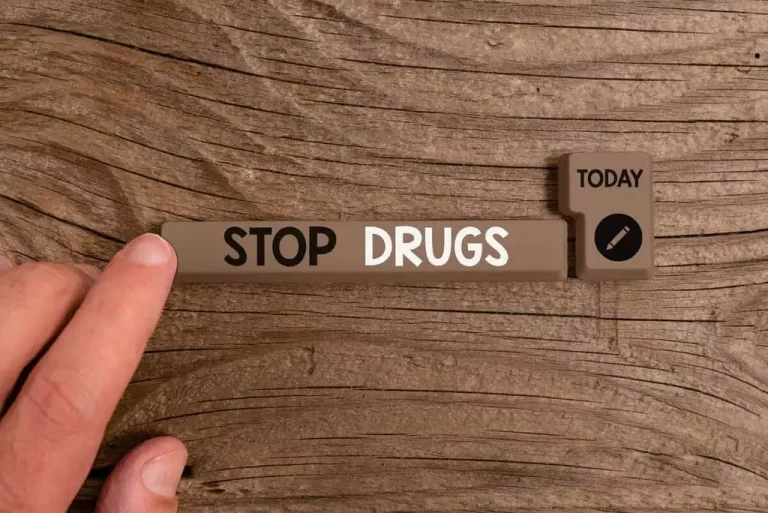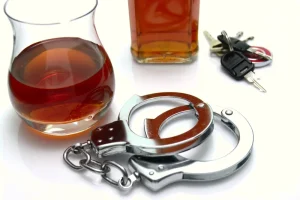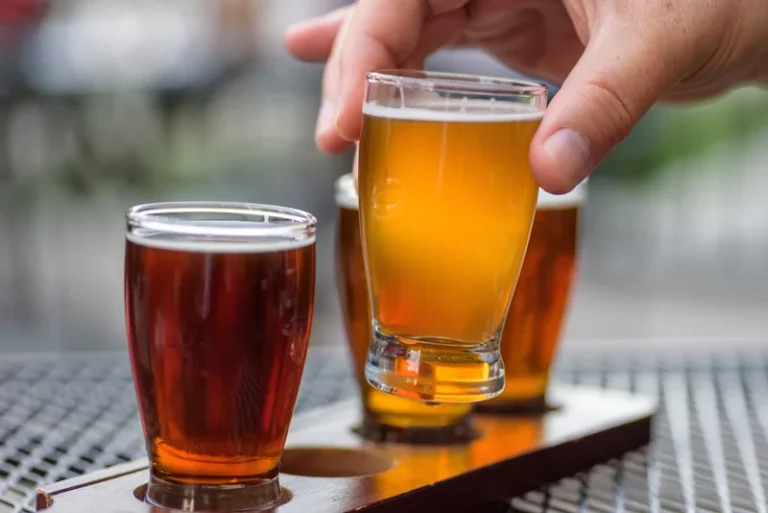
The important thing is to remain engaged in whatever method you choose. The three-step road map outlined in the NIAAA Alcohol Treatment Navigator offers expert guidance to focus and support your efforts. Learn how to find higher quality, science-backed alcohol treatment to raise your changes for success. Just like any other medical condition, people with substance use disorders deserve to have a range of treatment options available to them.
SAMHSA announces $65.7M in awards and funding opportunities
- What kind of treatment does the program or provider offer?
- Ask a real person any government-related question for free.
It’s like watching a train wreck in slow motion, and it’s heartbreaking. Imagine waking up every morning, not with a hangover, but with a clear mind and a sense of purpose. That’s the promise of recovery, and it’s within reach for anyone willing to take that first step. But before we get ahead of ourselves, let’s take a moment to understand what we’re up against.

Online-Only Resources

This guide is written for individuals—and their family and friends—who are looking for options to address alcohol problems. It is intended as a resource to understand what treatment choices are available and what to consider when selecting among them. For more information, please visit the NIAAA Alcohol Treatment Navigator®, an online tool that helps individuals find the right treatment for them—and near them. The Navigator offers a step-by-step process to finding a highly qualified professional treatment provider.
Medical Professionals
Many treatment plans begin with a detoxification program to help treat your withdrawal symptoms after you stop drinking alcohol. SAMHSA recently awarded $68 million in grants for suicide prevention and mental health care programs to address the U.S. mental health crisis and prevent suicide. Millions of readers rely on HelpGuide.org for free, evidence-based resources to understand and navigate mental health challenges. Please donate today to help us save, support, and change lives.
Biden-Harris Administration announces $68M awarded for suicide prevention
The Navigator helps adults find alcohol treatment for themselves or an adult loved one. If you are seeking help for a teen, check out these recommended adolescent treatment resources. Get expert guidance on what to ask providers and how to listen for quality in the answers. A health condition that can improve with treatment. Research shows that most people who have alcohol problems are able to reduce their drinking or quit entirely.
Can People With Alcohol Use Disorder Recover?

Instead, relapse indicates that additional and/or a different form of treatment is necessary. If the previous steps do not work, and the person continues to drink and not seek treatment, it may be time to stage an intervention. It might also be useful to contact a healthcare professional who specializes in addiction.
Addresses concerns of children of parents with substance use/abuse problems. Because AUD is a chronic, relapsing disorder, persistence is key. It is rare that someone would go to treatment once and then never drink again. More often, people try to quit or cut back over time, experience recurrences, learn from them, and then continue on their recovery journey. For many, continued follow-up with a treatment provider is critical for overcoming alcohol problems. The provider can help adjust the treatment plan and aid long-term recovery.
- It’s not just about how much you drink, but how drinking affects your life.
- In the U.S., more than 5,000 medical doctors are board-certified addiction specialists.
- A support group can help you connect with other people who’re facing similar challenges.
Mutual-support groups can be particularly helpful during this challenging time. A growing number of groups have online communities. These groups can vary widely, so it’s important to alcohol addiction help try different ones to find a good fit. Explore Mayo Clinic studies testing new treatments, interventions and tests as a means to prevent, detect, treat or manage this condition.

Center for Substance Abuse Prevention (CSAP)

If someone you care about has a drinking problem, A.A. Has helped more than two million alcoholics stop drinking. Recovery works through one alcoholic sharing their experience with another. 50.2 million American adults considered themselves to be in recovery from their substance use and/or mental health problems. You may experience relapses and temptations, but this is completely normal.
- Overall, gather as much information as you can about a program or provider before making a decision on treatment.
- Recovery works through one alcoholic sharing their experience with another.
- Primary care and mental health providers can provide effective AUD treatment by combining new medications with brief counseling visits.
- Someone with the condition is unable to stop or control their alcohol use.
- The more symptoms, the more urgent the need for change.
- Encourages teens to seek emotional support from other adults, school counselors, and youth support groups such as Alateen, and provides a resource list.
Scientists are working to develop a larger menu of pharmaceutical treatments that could be tailored to individual needs. From broken relationships to lost jobs, from https://ecosoberhouse.com/ health problems to legal issues, the toll of alcohol addiction is immense. It’s a public health crisis that costs the U.S. economy billions of dollars each year.
